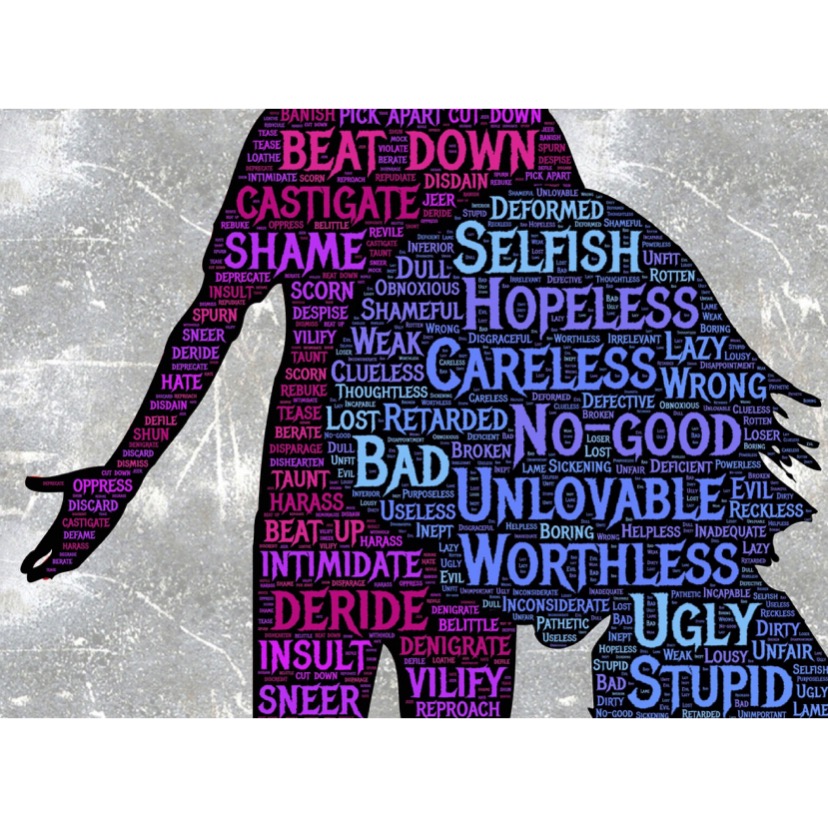A lot of us are walking around carrying toxic shame, without even knowing it, or realising just how big an impact it is having on how we function day to day.
You may withdraw, become angry without understanding why.
You may become a perfectionist, in order to avoid more criticism or shame. Either from others or from your own inner voice.
You may enter into toxic friendships or abusive relationships, believing you aren’t worth more.
Toxic shame can even lead to eating disorders, substance abuse, self-harm, codependency, or addictions.
But what exactly is toxic shame? And how do you know if you need healing?
Guilt is the feeling we get that we have DONE something bad.Shame is the feeling that we ARE bad.
In Brene Brown’s words,
‘ Shame is a focus on self. Guilt is a focus on behaviour. Shame is “I am bad.” Guilt is “I did something bad.” How many of you, if you did something that was hurtful to me, would be willing to say, “I’m sorry. I made a mistake?” How many of you would be willing to say that?
Guilt: I’m sorry. I made a mistake. Shame: I’m sorry. I am a mistake’
We all need shame. Healthy shame prevents us from defecating in public whenever we need to go. It tells us when we have hurt someone, or crossed a boundary.
Most of us are taught as children right from wrong, and develop a healthy sense of shame when we have done something wrong. It protects us from doing or saying something that might come back to haunt us. Such shame enables us to preserve trust and safeguard our relationships.
But shame can turn toxic
Toxic shame usually begins in childhood. If you were overly criticised, neglected, or abused, you will internalise the behaviour to believe that you are BAD.
Parents with the best of intentions, often unhealed themselves, will often react to a child who has behaved, well – like a child – by snapping at them ‘What on earth is wrong with you?’, ‘What were you thinking?’ And this language will then form the inner critic of the adult the child will grow into.
If you’re told these things often enough, you might start to tell yourself, for example, “I’m not worthy of love.” And holding onto feelings of unworthiness can be extremely damaging to your mental and physical health.
I used to carry so much toxic shame, I would apologise when I rang a friend. Even if it was just for a catch up. I would ring, and say ‘hello, sorry’. People used to point it out, and laugh. It was a standing joke. I had no idea about toxic shame. I was literally apologising for being!
I used to describe myself to people as being ‘trouble’. It was said in a jokey way, but our minds don’t know the difference!
Once I started to heal, I learnt how to change the critic deep inside of me. The opposite to shame, is empathy.
I can help you to learn how to be compassionate and empathetic with yourself. Rid yourself of toxic shame, and learn to forgive the past versions of yourself. You are worth it!
Andrea x


3 Replies to “What Is Toxic Shame?”